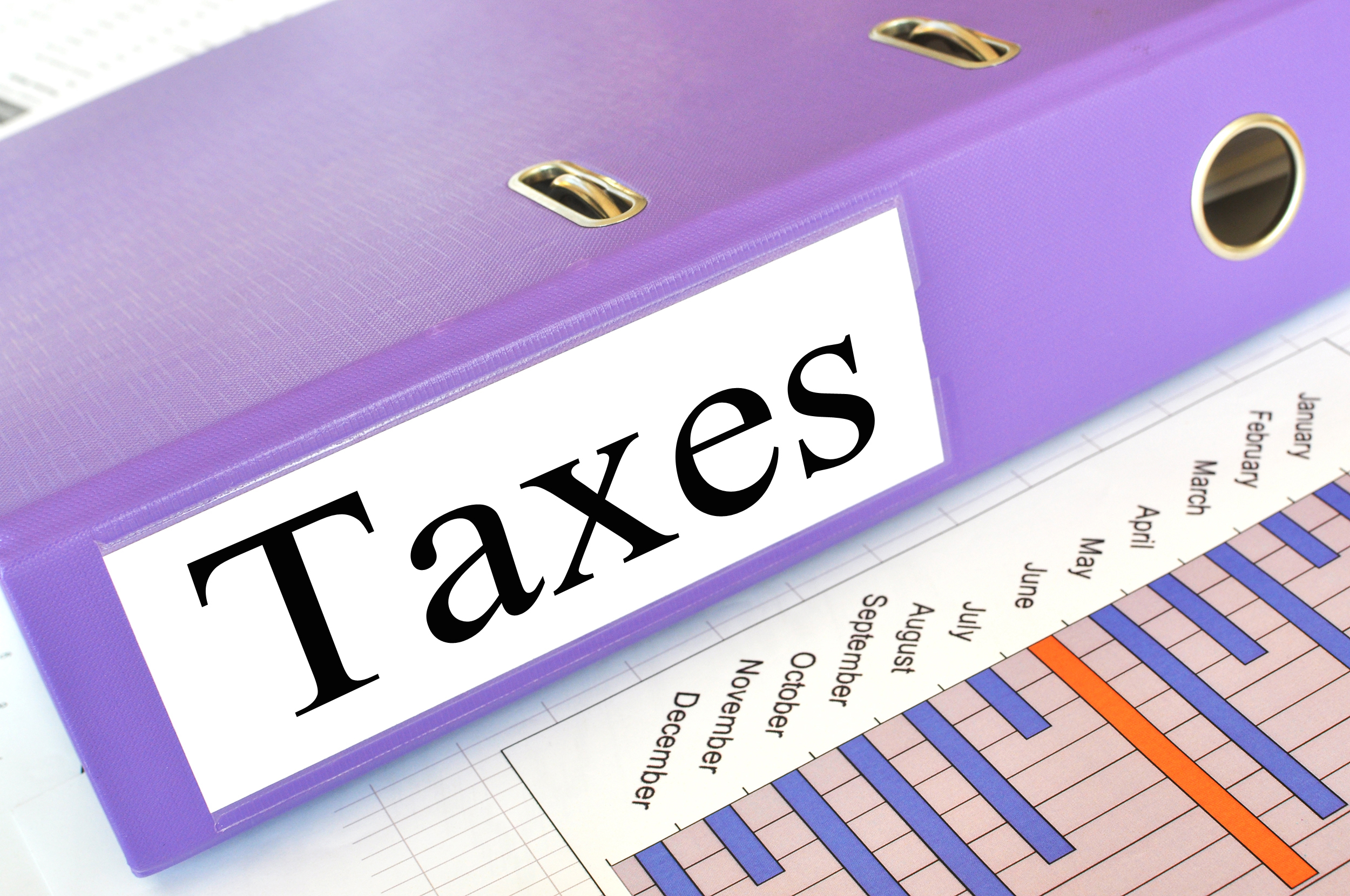Editor's Pick
Top tips to file your online tax return on time

With just a few weeks left to file your self-assessment tax return, here are top tips to help you cross it off your to-do list.
The deadline to file your tax returns falls on the same date year in, year out, on 31 January. But each year, hundreds of thousands miss the cut off point, meaning they’re hit with late submission fines. Last year, 840,000 missed the deadline which resulted in an automatic £100 fine.
Around 11 million people are expected to file their tax return for the 2016/17 tax year – this includes the self-employed, those who have a taxable income over £100,000 or if your income or your partner’s was over £50,000 and one of you claimed child benefit.
You will also need to fill out a return if you are a trustee of a registered pension scheme or if you had income from savings or investments of more than £10,000 before tax.
While late submissions may be unavoidable due to illness or bereavement in the family, and HMRC is starting to treat accidental errors more leniently, it will still issue fines where it believes non-compliance is deliberate.
The taxman is currently consulting on plans to introduce a points based system which looks at a taxpayer’s recent filing history before imposing a penalty. However, this will not affect those filing for the January 2018 deadline.
Insurer Royal London is urging people to get ahead of the deadline, and has come up with top tips to help you prepare.
Helen Morrissey, personal finance specialist at Royal London, said: “There are occasions when filing your tax return late is unavoidable in which case let HMRC know as soon as possible as it can waive fines if you have a reasonable excuse.
“However, HMRC is unlikely to be sympathetic if you tell them you didn’t give yourself enough time to fill out the forms and so you could find yourself with a £100 fine for starters. Delays often happen because people don’t realise how long things such as tax references can take to come through or it can take time to collect the necessary paperwork. Getting organised now can save you a lot of stress as well as money further down the line.”
Top tax return tips and points to consider
- You still have to fill in the self-assessment form even if you don’t owe any tax – If you get an email or letter from HMRC telling you to send a return, you should send it – even if you don’t have any tax to pay.
- It takes time to enrol – Many first timers fall foul of leaving themselves with too little time to get set up on the system. If you submit your tax return online you will need to do it via the Government Gateway. To do this you will have to enrol for the service with HMRC and receive your Unique Tax Reference (UTR). Activating your account takes time and it can take up to ten working days to receive your UTR. Many people don’t realise this and try and set up their account at the last minute, therefore missing the deadline.
- Get your paperwork ready – If you are self-employed you will need any invoices and receipts for work you carried out during this time as well as bank statements and bank interest certificates. If you are claiming due to Child Benefit issues then copies of your or your partner’s P60s will give you important information needed to fill out the form. Paperwork for any investments will also prove useful.
- IT issues – Leaving your tax return to the last minute leaves you open to being derailed by a whole host of IT issues. The self-assessment website gets very busy in the days leading up to the deadline and as recently as early December the system crashed. While the problem was rectified you don’t want to find yourself in a similar situation come 31 January.
- Check your return – Before you hit the submit button have a final scan through the form and double check that the information you have submitted is correct and up-to-date. It’s also worth printing out a copy of the return and keeping it somewhere safe in case HMRC come back to you with any queries.
- Think about how you are going to pay – From 13 January 2018, HMRC will no longer allow people to pay their self-assessment tax return by personal credit card. It also limits how many times you can use a card to settle the tax bill. If you are unable to pay your self-assessment tax bill in full using one card then it may be worth looking at using another method such as bank transfer.